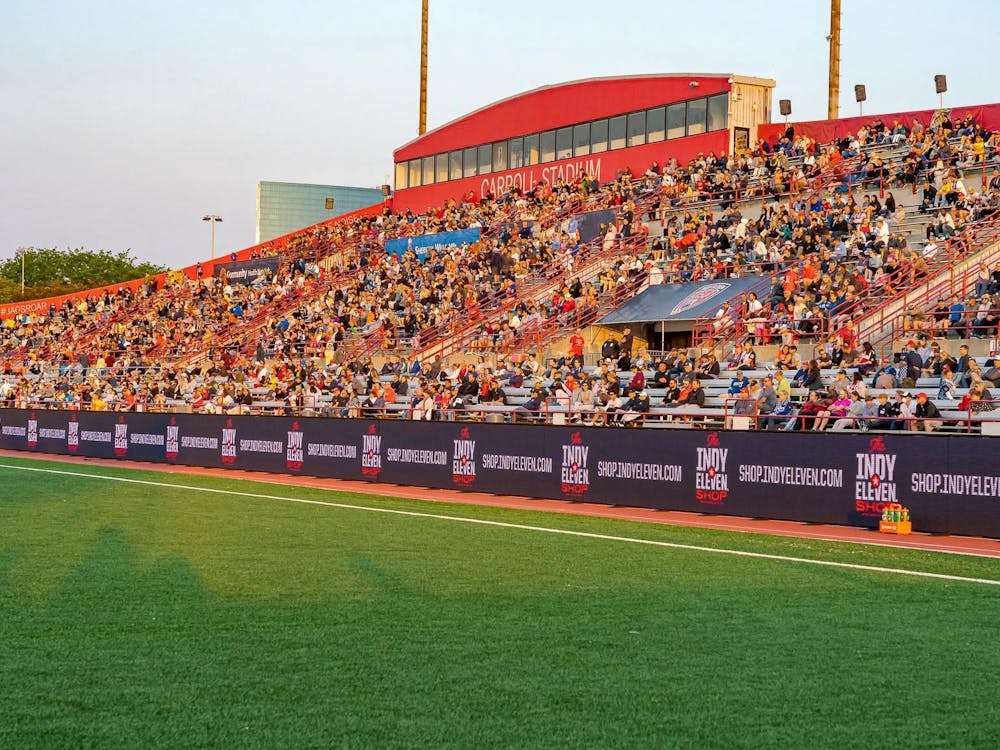It was announced on Monday that a suit brought on by Maetta Vance, a black university catering worker, would reach the court in October.
Vance filed two complaints in 2006 with the Equal Employment Opportunity Commission for race discrimination, saying her co-workers harassed her with racial epithets.
According to court documents, after Vance filed complaints with Ball State and EEOC, she sued the university alleging that a co-worker, who was described as a salaried employee and supervisor, also slapped and threatened her.
Tony Proudfoot, associate vice president for University Marketing and Communications, said the hearing will help determine thestandard for defining a supervisor under Title VII of the Civil Rights Act of 1964.
"We look forward to presenting our arguments to the court that the employee at issue was not a supervisor of Ms. Vance," Proudfoot said via email.
The Civil Rights Act of 1964 states that an employer can be held liable if a supervisor discriminates against an
employee based on national origin, sex, race or color.
Title VII of the act defines a supervisor as someone who has the ability to "directly effect the terms and conditions of the plaintiff's employment."
According to standards used in other court cases and issued by the EEOC, a supervisor is "someone with authority to direct an employee's daily work activities."




